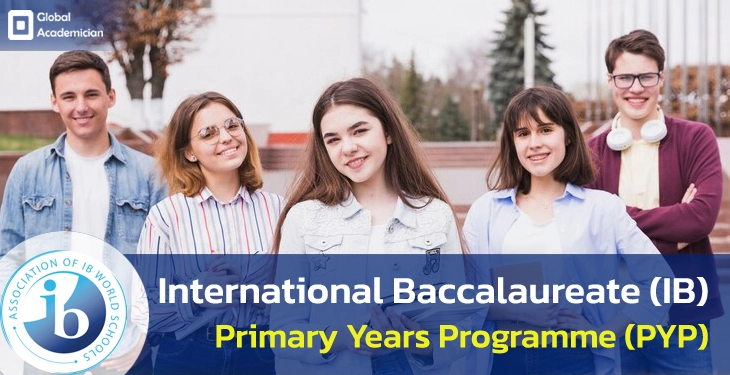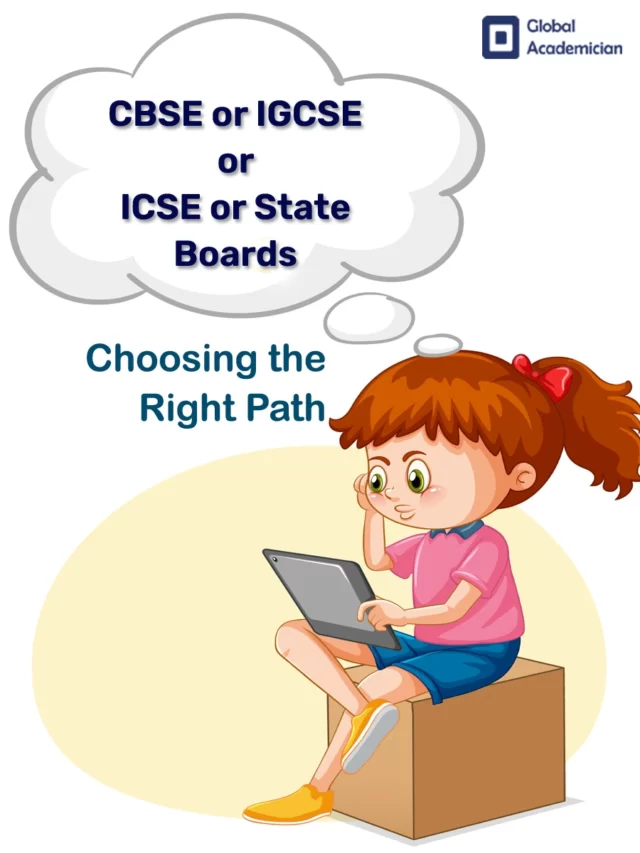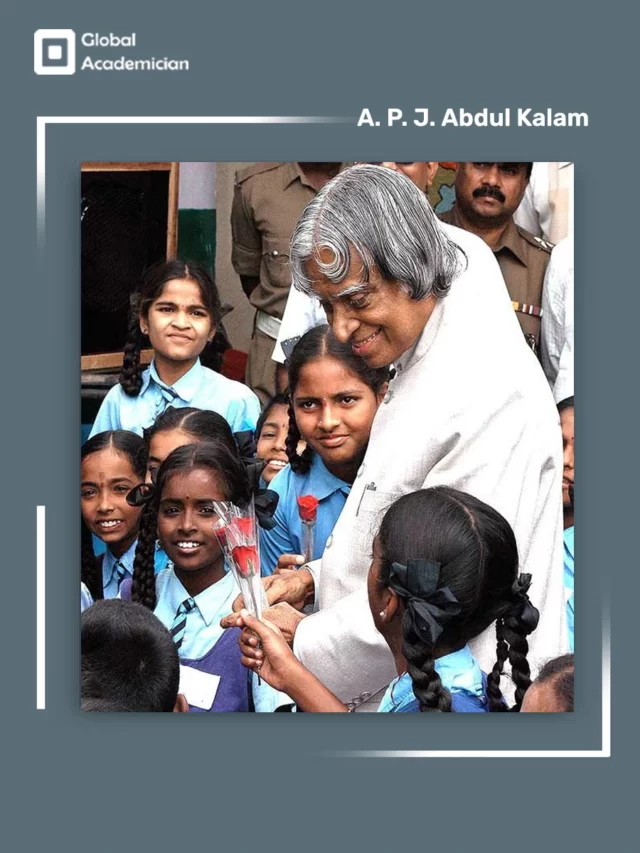
The International Baccalaureate (IB) Primary Years program (PYP) is an educational framework designed for students aged 3 to 12, covering early childhood education through the end of the primary years. The PYP is one of the three main programs offered by the IB, alongside the Middle Years program (MYP) and the Diploma program (DP).
IB Primary Years program:
Here are key features and components of the IB Primary Years program:
1. Curriculum Framework:
- The PYP emphasizes a transdisciplinary approach, integrating subject areas to provide a holistic educational experience.
- The curriculum is organized around six transdisciplinary themes that explore globally significant issues. These themes include Who We Are, Where We Are in Place and Time, How We Express Ourselves, How the World Works, How We Organize Ourselves, and Sharing the Planet.
2. Inquiry-Based Learning:
- Central to the PYP is the concept of inquiry-based learning, where students actively explore and construct their understanding of the world.
- Teachers guide students in posing questions, conducting investigations, and reflecting on their learning experiences.
3. Approaches to Learning (ATL):
- The PYP focuses on the development of skills known as Approaches to Learning (ATL). These skills include thinking, communication, social, research, and self-management skills.
- ATL skills aim to equip students with the tools necessary for independent and collaborative learning.
4. Assessment:
- Assessment in the PYP is designed to be authentic and ongoing, with a focus on the process of learning rather than just the end product.
- Teachers use a variety of assessment strategies, including observation, self-assessment, and peer assessment, to understand each student’s progress and development.
5. Action and Reflection:
- The PYP places a strong emphasis on taking action as a result of learning. This action can manifest in various ways, from personal reflections to community service projects.
- Students are encouraged to apply their knowledge and skills to make a positive impact in their local and global communities.
6. Language Development:
- Language development is a crucial component of the PYP. Students are expected to develop proficiency in their mother tongue and, where applicable, in additional languages.
- The PYP recognizes the importance of language in shaping thinking and understanding.
7. International Mindedness:
- The PYP promotes international mindedness, fostering an appreciation for different cultures, perspectives, and beliefs.
- Students are encouraged to develop a sense of responsibility towards the global community.
IB Primary Years program Important Dates:
The IB Primary Years program (PYP) operates as an ongoing framework for schools and educators, devoid of specific “important dates” throughout the year. Nevertheless, several noteworthy events and deadlines warrant attention:
- February 1st: This marks the conclusive registration deadline for IB programs, encompassing the PYP, for both the May and November exam sessions. This deadline is applicable to schools offering the IB Middle Years program (MYP) and Diploma program (DP) as well.
- May 6th – May 31st: Designated as the exam session window for IB programs, including the PYP, during May. Examinations occur within this timeframe, varying based on the specific subject and grade level.
- July 6th: On this date, results for the May session are released across all IB programs, inclusive of the PYP.
- November 11th – December 6th: This period represents the exam session window for IB programs, including the PYP, in November. Mirroring the May session, exams are distributed throughout this time span.
- March 21st-23rd: The IB Global Conference is scheduled to take place in Daegu, South Korea, in 2024. This global event serves as a convergence point for IB educators, administrators, and stakeholders worldwide, fostering the exchange of best practices and discussions on the future of IB education.
IB Primary Years program Exam Pattern:
The IB Primary Years program (PYP) itself doesn’t involve traditional exams with standardized tests and scoring like older IB programs. Instead, it focuses on ongoing, formative assessment throughout the learning journey. This means assessing students’ progress based on their:
- Knowledge and understanding of the six transdisciplinary themes and key concepts.
- Skills in inquiry, communication, thinking, research, and self-reflection.
- Attitudes of curiosity, open-mindedness, empathy, and respect.
- Action taken based on their learning, often exemplified in the culminating PYP Exhibition.
IB Primary Years program Assessments:
Here are some keyways assessments happens in the PYP:
- Teacher observations and reflections: Teachers continuously observe students during lessons, projects, and other activities, documenting their engagement, skills development, and understanding.
- Student self-assessment: Students are encouraged to reflect on their own learning through journals, portfolios, and discussions.
- Exhibitions and presentations: PYP students showcase their learning and understanding through culminating projects and presentations, often related to the transdisciplinary themes.
- Performance tasks: Students may be involved in projects, experiments, or other hands-on activities that demonstrate their application of knowledge and skills.
- Portfolios: Students may collect their work, reflections, and feedback in a portfolio to track their progress over time.
While there are no exams, certain standardized assessments may be used by individual schools within the PYP framework, particularly for benchmarking against national or local curriculum standards. These are not IB-mandated and might differ based on the school’s context and chosen resources.
Remember, the focus in PYP is on formative assessment and promoting a love of learning, not on scoring high on one-off tests. It’s about nurturing curious, inquisitive, and well-rounded individuals who are equipped to learn and engage with the world throughout their lives.
If you’d like to learn more about specific assessment practices within the PYP framework, your best resources would be:
- Your local IB World School: They can provide insights into their specific approaches to assessment within the PYP program.
- The IB Primary Years program (PYP) website: Click here This website offers official guidance and resources on the PYP framework, including assessment principles and approaches.
- PYP educators: Connect with educators currently working within the PYP to gain firsthand perspectives on assessment practices and their impact on student learning.
Pros and cons of Opting for the IB PYP program:
Advantages of Opting for the IB PYP Program:
1. Inquiry-based learning:
The PYP promotes curiosity, encourages questioning, and facilitates investigations, fostering critical thinking skills, problem-solving abilities, and a lifelong passion for learning.
2. Transdisciplinary approach:
Departing from traditional subject divisions, the PYP integrates learning across six thematic areas, enabling students to forge connections between ideas and establish meaningful links across various disciplines.
3. Holistic development:
Prioritizing the holistic development of the child, the PYP nurtures not only academic skills but also social-emotional growth, creativity, ethical values, and a sense of global citizenship.
4. Strong foundation for further education:
The PYP equips students for success in diverse learning environments, including other IB programs and universities worldwide.
5. Multicultural awareness:
Emphasizing international mindedness, the program encourages students to value diverse cultures and perspectives.
6. Engaging learning environment:
PYP classrooms are dynamic and lively, featuring hands-on activities, projects, and collaborative initiatives, creating an enjoyable and motivating learning atmosphere.
Drawbacks of Choosing the IB PYP Program:
1. Availability:
PYP programs may not be accessible in all schools, and finding a qualified institution nearby can pose a challenge.
2. Cost:
IB World Schools often incur higher expenses compared to public schools or other private institutions.
3. Workload:
The PYP can be demanding, emphasizing inquiry and project-based learning that necessitates proactive and self-motivated students.
4. Standardized testing:
Although there are no formal exams, PYP schools may employ various standardized assessments, potentially creating pressure for some students.
5. Teacher training:
Not all educators are trained in the PYP pedagogy, potentially affecting the quality of the learning experience in certain schools.
6. Possible misalignment with local curriculum:
In some regions, the PYP may not precisely align with local curriculum standards, requiring additional effort for students to meet national requirements.
Selecting the Right Program for Your Child:
Ultimately, the decision to choose the IB PYP program hinges on individual circumstances and your child’s needs and learning style. Thoughtfully weighing the pros and cons, considering factors such as budget, your child’s academic strengths and weaknesses, and preferred learning environment, will assist in making an informed decision.
We recommend visiting PYP schools, engaging with teachers and parents, and conducting thorough research on the program before making a choice. Remember, the paramount goal is to find a learning environment that fosters your child’s growth into a well-rounded individual.
The IB Primary Years program aims to create a stimulating and challenging learning environment that prepares students for further education and encourages a lifelong love of learning. It provides a solid foundation for students to transition into the next phase of their education within the IB framework, such as the Middle Years program.
Recommended Read:
- About International Baccalaureate
- IB Middle Years Program (MYP)
- IB Diploma Program (DP)
- IB Career-related Program (CP)
To stay ahead and stay informed about the latest educational updates, trends, and insights, we invite you to subscribe to our newsletter and regularly explore our blog. You can also connect with us on our Facebook Page to join our educational community at Global Academician. Join us on these platforms and embark on a journey of continuous learning and knowledge sharing.




